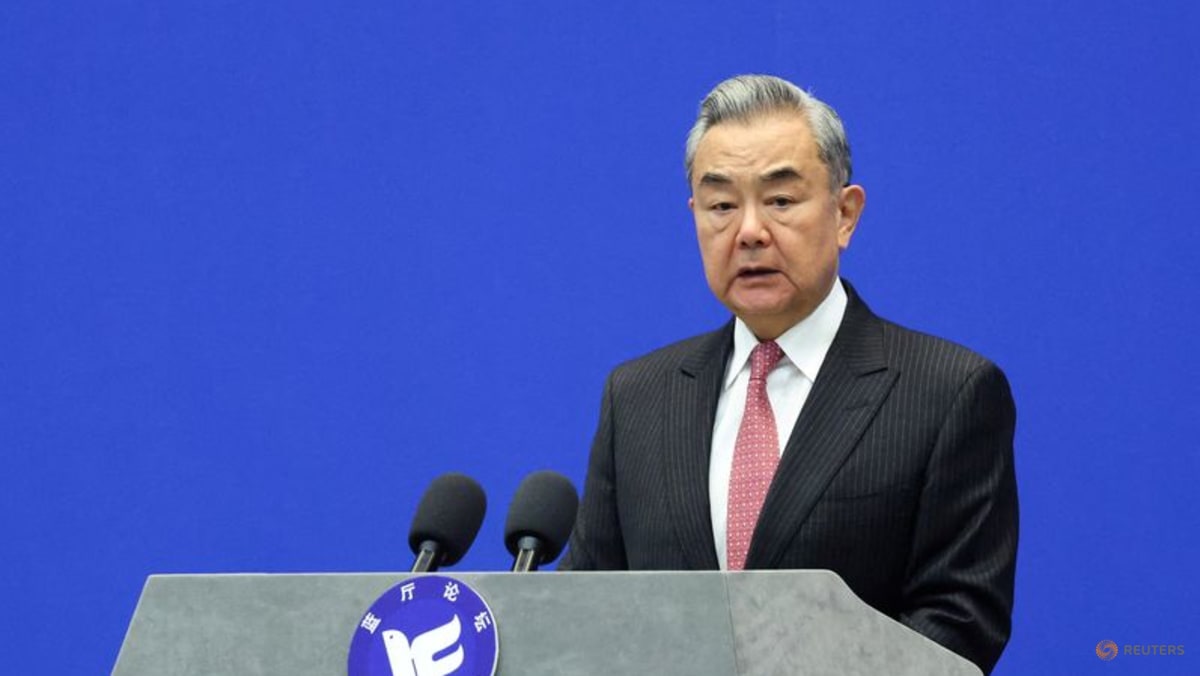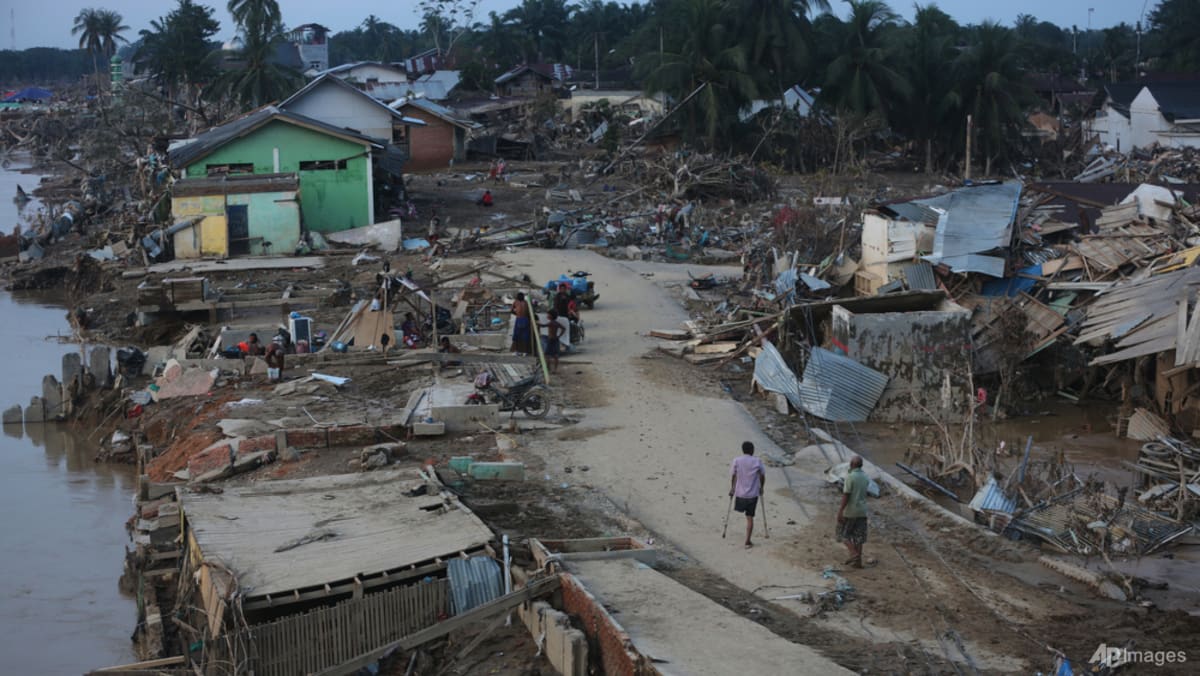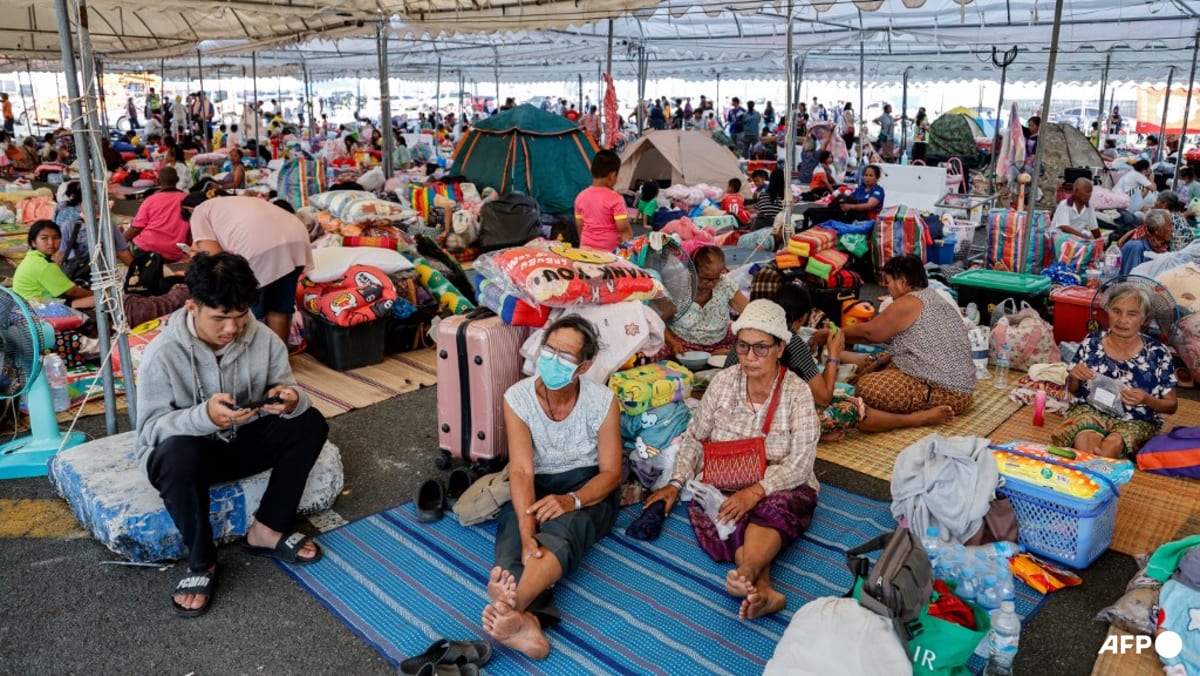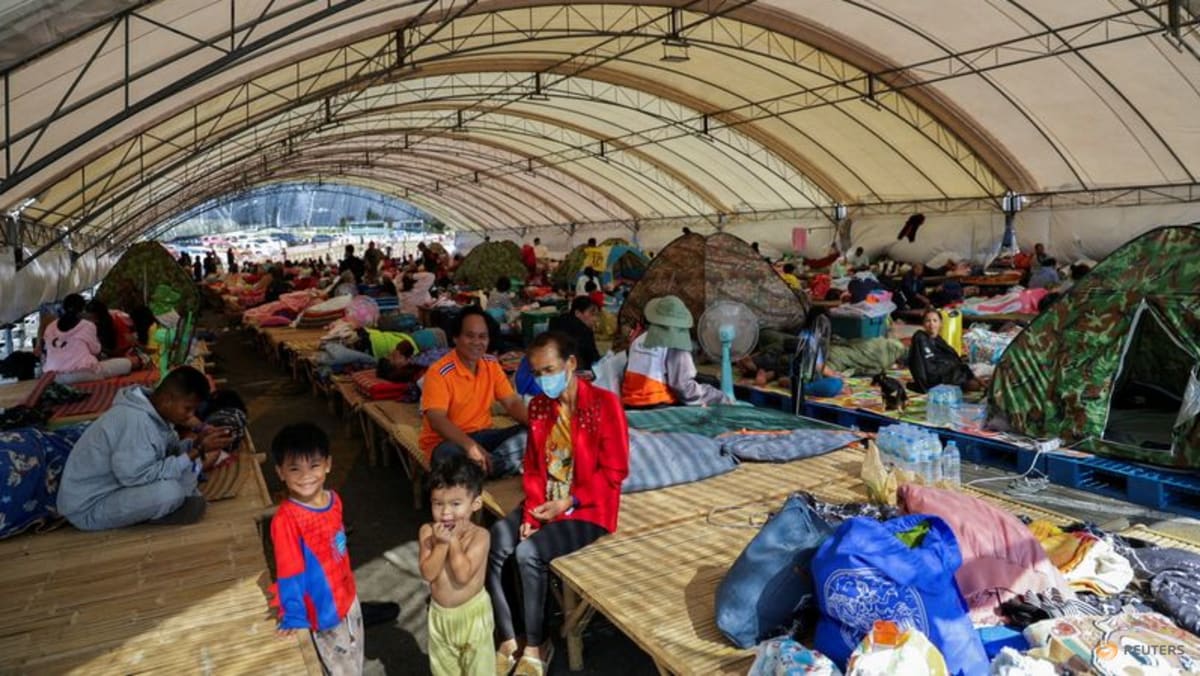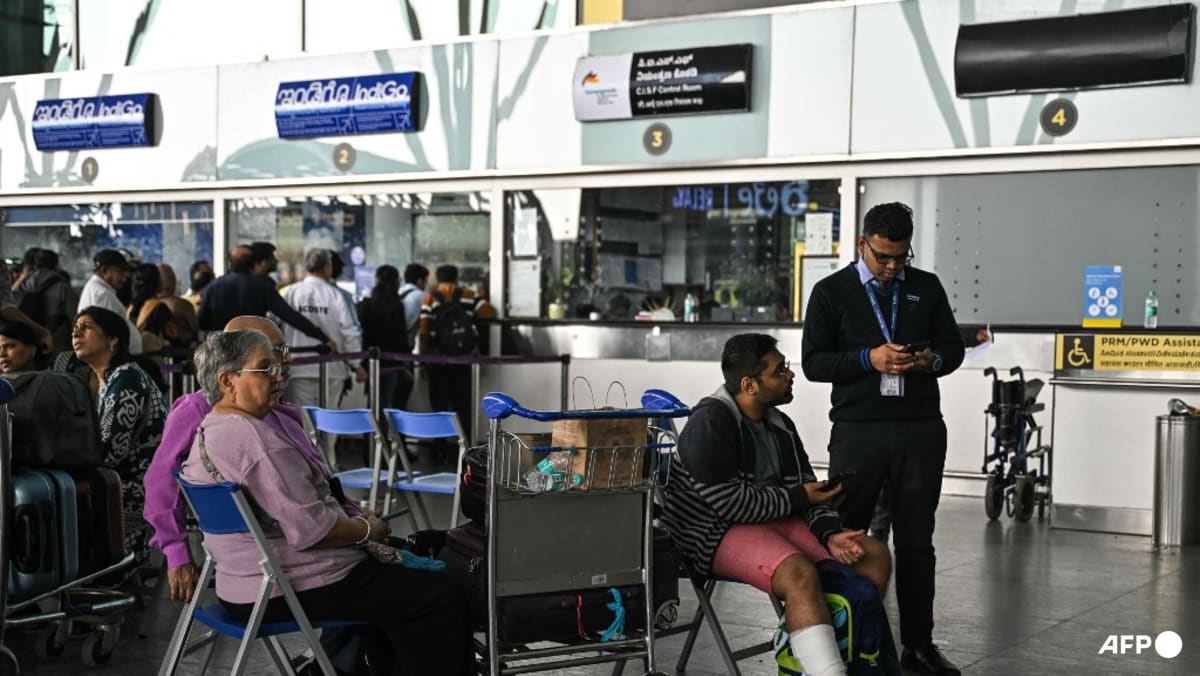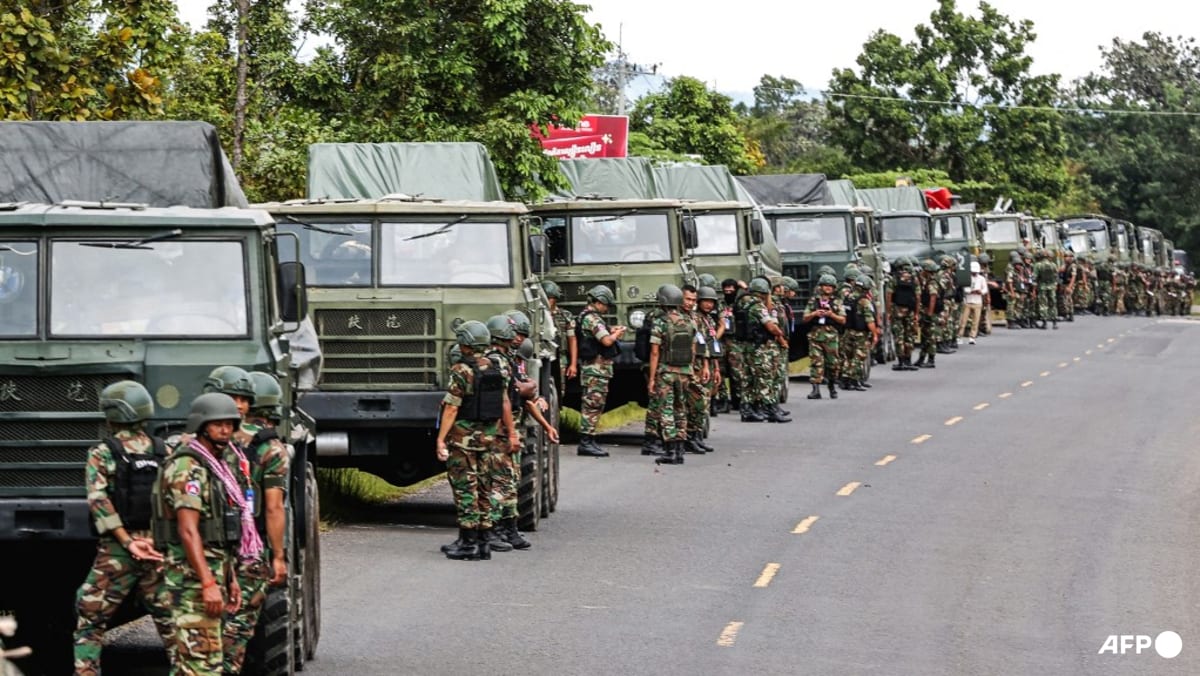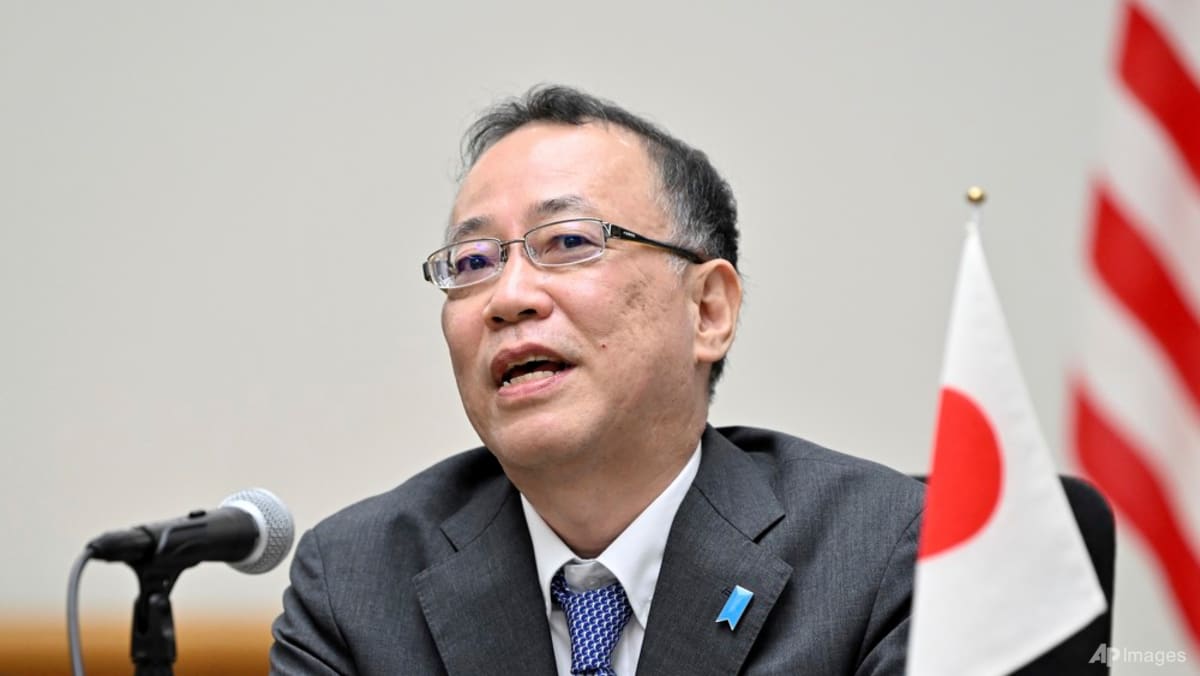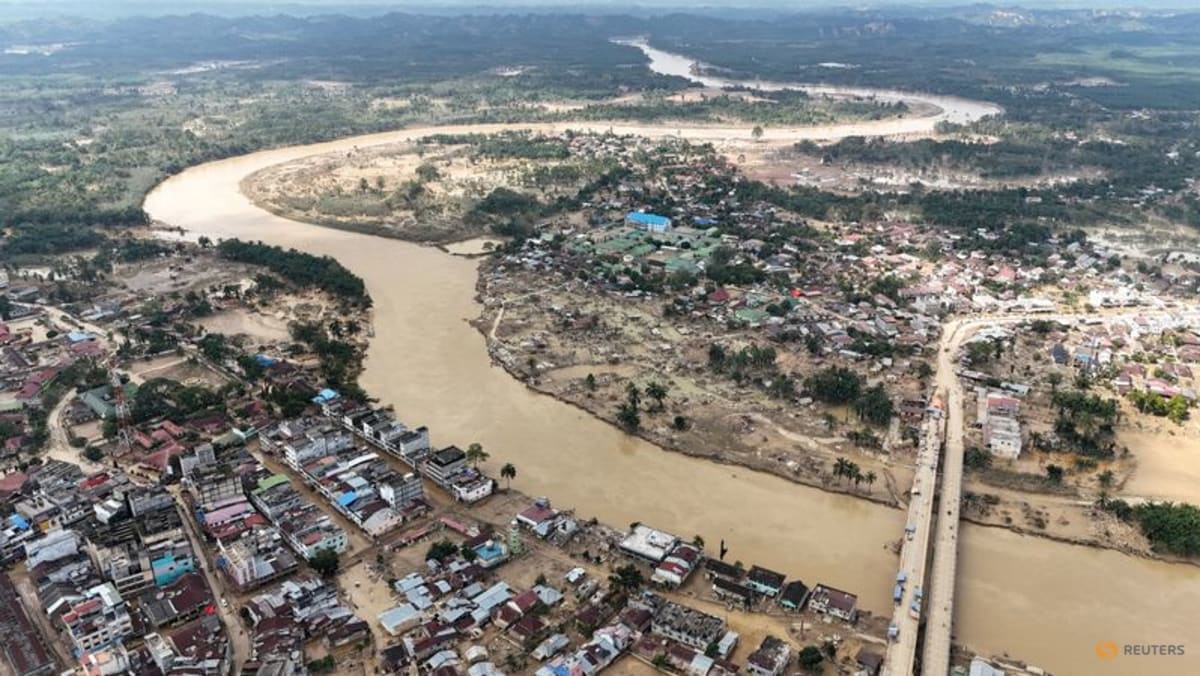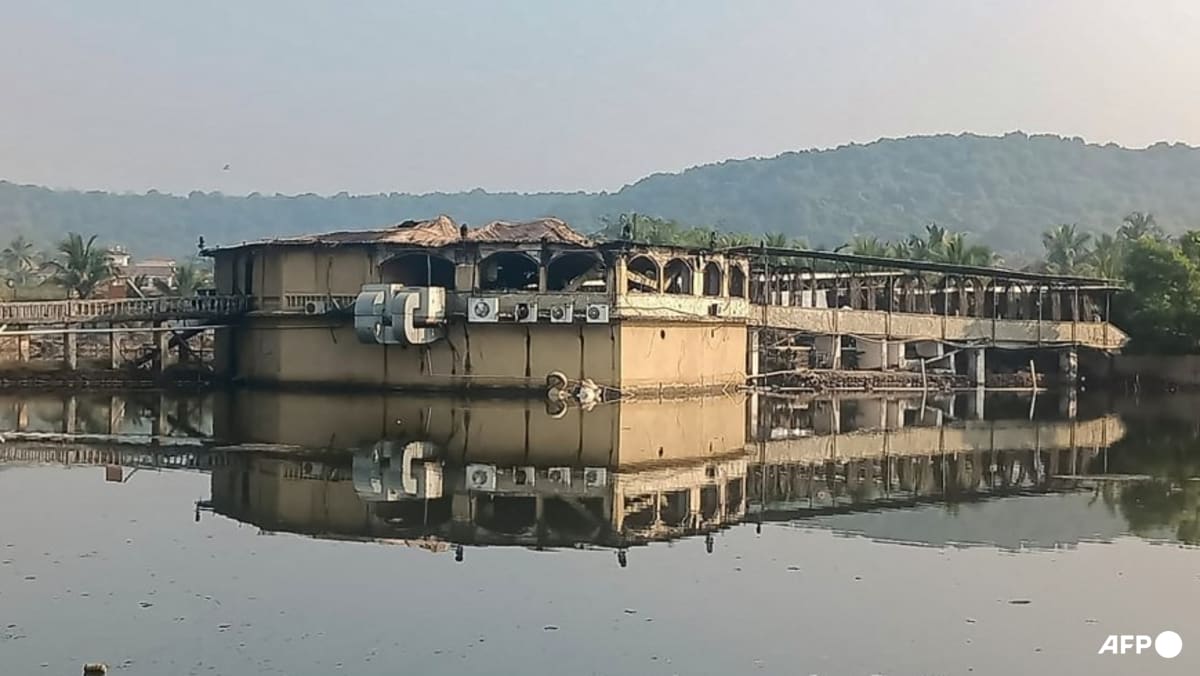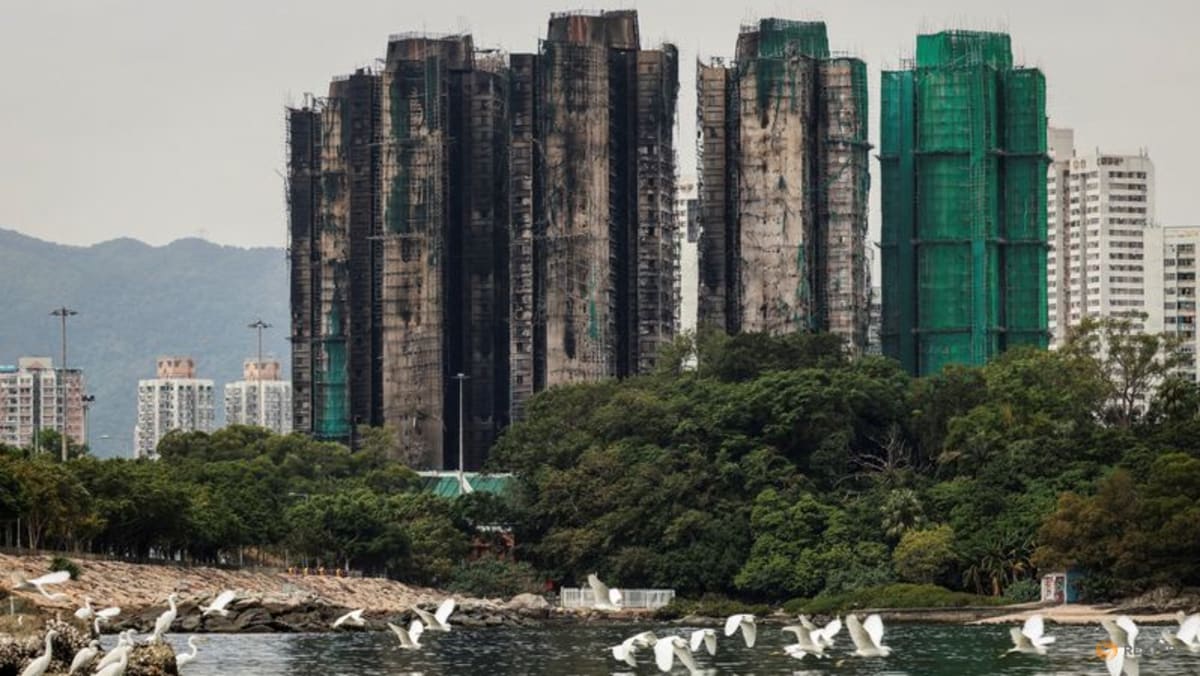Commentary: Chinese security companies are putting boots on the ground in Myanmar. It could go disastrously wrong

WHAT ARE THE POSSIBLE IMPLICATIONS?
While private security corporations are nominally separate from China’s People Liberation Army (PLA), there is little to stop the PLA from infiltrating these organisations and influencing their operations on the ground.
Having Chinese private security firms in Myanmar also creates a high likelihood of Chinese nationals being caught up in the fighting and possibly killed.
In addition, as the recent stunning fall of the Assad regime in Syria demonstrates, authoritarian regimes facing widespread militant opposition can sometimes fall quickly.
Russia and Iran are now discovering that backing a brutal regime against popular opposition can leave military and economic assets stranded when the tide turns unexpectedly. China should consider these ramifications carefully.
For Myanmar’s junta, the involvement of Chinese security forces would be an embarrassing recognition that it is unable to provide even rudimentary security for its chief ally’s economic and strategic interests.
It also makes the junta even more reliant on China than it already is. While Russia has been the main supplier of weapons since the coup, China remains a key source of military and economic engagement to the junta.
For the opposition forces, the Chinese security operations further complicate their attempts to secure control over key economic and population centres.
And it could mean China will now restrict its support for some of the ethnic armed groups fighting against the junta, such as the successors to the Communist Party of Burma, which have ethnic Chinese roots. This may force the opposition to consolidate its shift towards domestic production of small arms.
The opposition may also look to diversify its economic activity beyond smuggling or trading routes into China, potentially reducing China’s leverage over these groups in the long run.
Lastly, the Chinese security forces may further entrench anti-China sentiment throughout the country. In October, for example, the Chinese consulate in Mandalay was damaged in a bombing attack.
MYANMAR’S NEIGHBOURS WILL BE CONCERNED
India will no doubt be watching these developments with concern. If the plans go ahead, there will be increasing numbers of Chinese security forces stationed in Rakhine State, just down the road from India’s own massive investment projects in the country.
Two of Myanmar’s other neighbours – Bangladesh and Thailand – will no doubt be concerned about having Chinese forces on their doorstep and potentially sitting in on meetings with Myanmar officials.
While China’s newfound support has provided a lifeline for the junta, the Association of Southeast Asian Nations will also continue to insist on a more inclusive political resolution to the conflict. They are unlikely to view increased Chinese security operations in Myanmar favourably.
Adam Simpson is senior lecturer in international studies at the University of South Australia. This commentary first appeared on The Conversation.
Source: CNA


